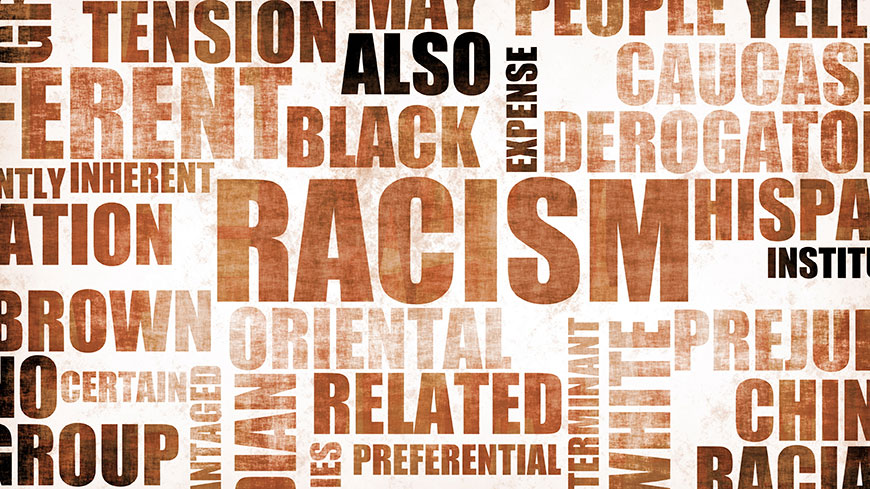A strong surge of nationalistic populism, continued efforts to integrate migrants, and the response of European states to the continued Islamist terror attacks that struck Europe in 2016 were the main developments identified by the Council of Europe’s anti-racism commission (ECRI) in its annual report published today.
The surge of nationalistic populism was a distinctive feature of 2016. Fears and uncertainties were instrumentalised by nationalistic and xenophobic movements; racist insults and xenophobic hate speech have reached unprecedented levels and entered in many cases the political mainstream.
“The rise of populist politics in today’s Europe is deeply worrying, especially when directed against the minorities, including migrants and refugees,” said Thorbjørn Jagland, Secretary General of the Council of Europe. “I call on all responsible politicians to do everything they can to stop this dangerous trend and to work towards creating inclusive societies.”
The Chairperson of the ECRI, Christian Åhlund, noted the rise of hate speech in political and media discourse: “It is not enough to criminalize hate speech and monitor it; we need to actively counteract it. Internal codes of ethics for media and parliamentarians should foresee sanctions for its use. Political, religious, cultural elites, artists and sports celebrities must actively engage in counter-speech.”


